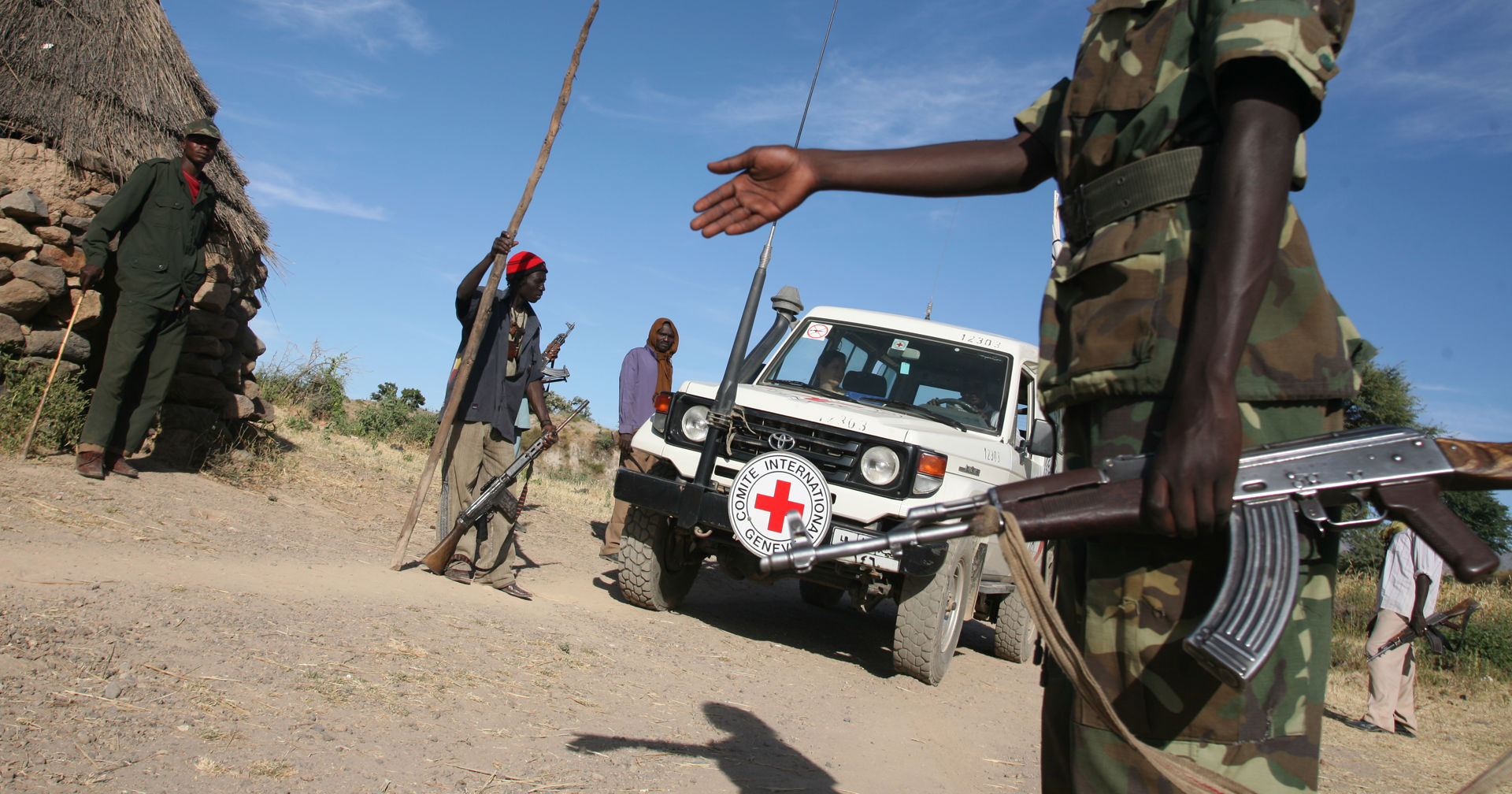Neutrality and the Red Cross

In armed conflicts, the most important task of the Red Cross is to assist and protect victims of war. The Red Cross is an international, neutral actor that does not take stands on armed conflicts and their events.
The reasons why the Red Cross remains neutral – and what is meant by it – can sometimes be difficult to understand. Taking a public stand in conflict situations is not the task of the Red Cross. Our most important task is to help people affected by conflicts and crises.
Our ability as a global humanitarian movement to reach all victims of war would be jeopardized if we took a public stand on the actions of the warring parties. Humanitarian aid in conflict zones would become difficult, if not impossible. Civilians who do not take part in the hostilities would suffer the most.
Through neutrality, we are able to assist those in need and save lives. We know this from more than 160 years of experience.
Neutrality is also one of the seven fundamental principles of the International Red Cross and Red Crescent Movement.
Upholding the rules of war
The Red Cross does not stand by and idly watch when violations of international rules of war (international humanitarian law - IHL) occur. Compliance with IHL obligations is subject to continuous confidential dialogue with all warring parties.
We always strive to persuade parties to conflicts to take necessary measures to rectify their actions. We publicly remind all parties to conflict of their obligations and continuously demand respect for IHL from all sides.
No one wants a world where there is no neutral and impartial body to assist those in need.
We train and disseminate the content of IHL to warring parties. We emphasize the benefits of complying with the rules and the consequences of violating them. Work to ensure respect for IHL must be carried out continuously, even in peacetime.
The role of the Red Cross is based on international treaties
In the Geneva Conventions, States have recognised the universal role of the Red Cross in helping all victims of war, and have given it a special mandate as guardian of IHL.
States are aware that in conflict situations people can best be assisted by an impartial body, which primary task is to assist all victims of war, and which everyone perceives as neutral.